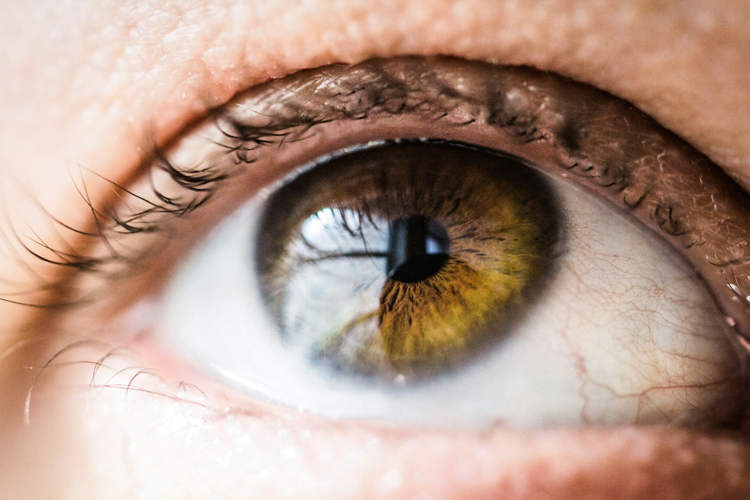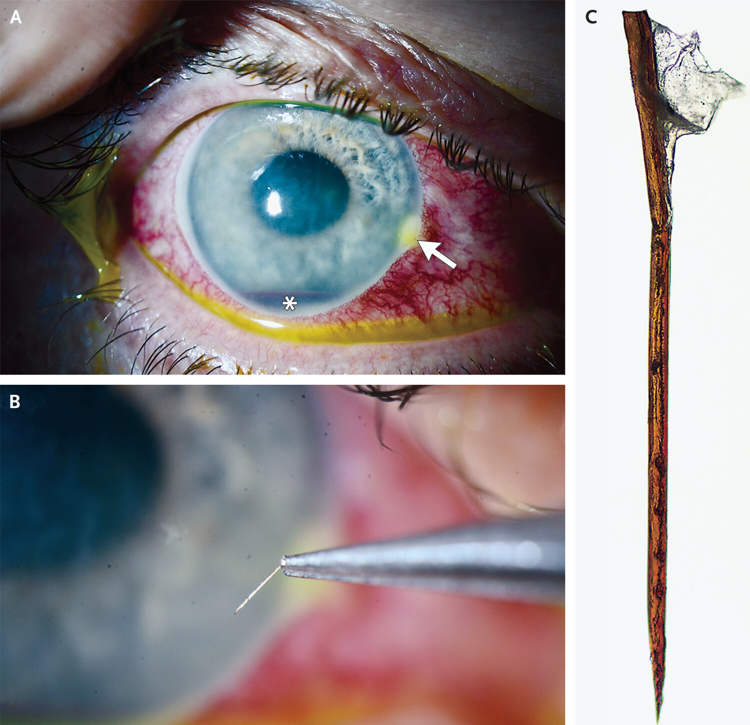In one of the world’s few medically documented cases, a Philadelphia man was stung by a bee directly in the eyeball and had to endure some serious consequences.
Most people dread the idea of getting stung by a bee anywhere on their bodies but imagine having one of those buzzers piercing your eyeball with its stinger as you’re casually strolling about. Unfortunately, that was the experience of a very unlucky 55-year-old Philadelphia man who reported to the emergency room with severely deteriorated vision and pain in his right eye after being stung by a bee in the eyeball two days prior. The patient told doctors that he had gone to the hospital immediately after getting stung, and doctors there had extracted the bee stinger and sent him on his way. Only it turned out that they hadn’t done that good of a job and a piece of the stinger remained embedded into the man’s eyeball.

Photo: Vanessa Bumbeers/Unsplash
Upon checking the man’s right eye two days after the bee sting, ophthalmology experts Talia Shoshany and Zeba Syed found it to be swollen, inflamed, and bloodshot, with blood visibly pooling at the bottom of the iris. The man was also in a lot of pain and a quick test revealed that his vision had deteriorated to barely being able to count fingers.
Inspecting the man’s eyeball with a slit lamp, a microscope with a bright light, doctors were able to identify the problem – a sharp stinger fragment right at the border between the man’s cornea and the white of his eye. They pulled it out with ophthalmic-specific micro-forceps and prescribed topical antibacterial and prednisolone eye drops.

Photo: Talia N. Shoshany, M.D., and Zeba A. Syed, M.D.
The man’s condition did not improve right away, but Shoshany and Syed reported that at a five-month follow-up, his vision had improved to 20/25. As for how the man managed to get stung in the eyeball, the details are unknown, but he is presumed to have been incredibly unlucky, as such incidents are extremely rare, with only a few documented cases in the scientific literature.






